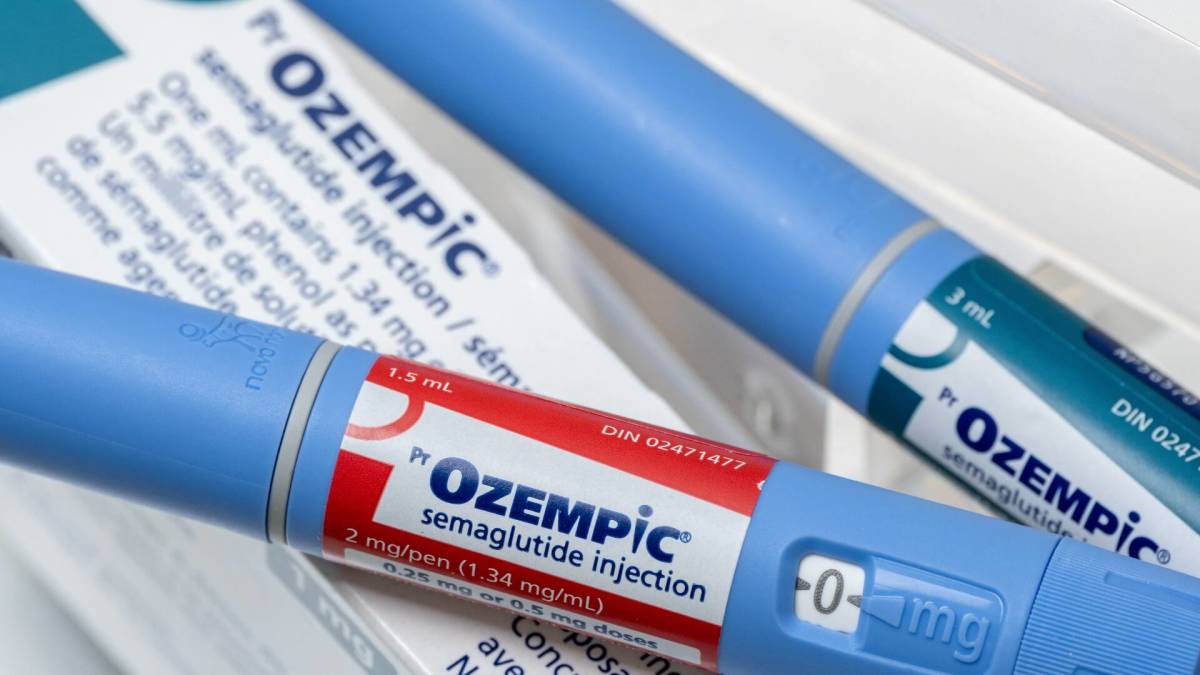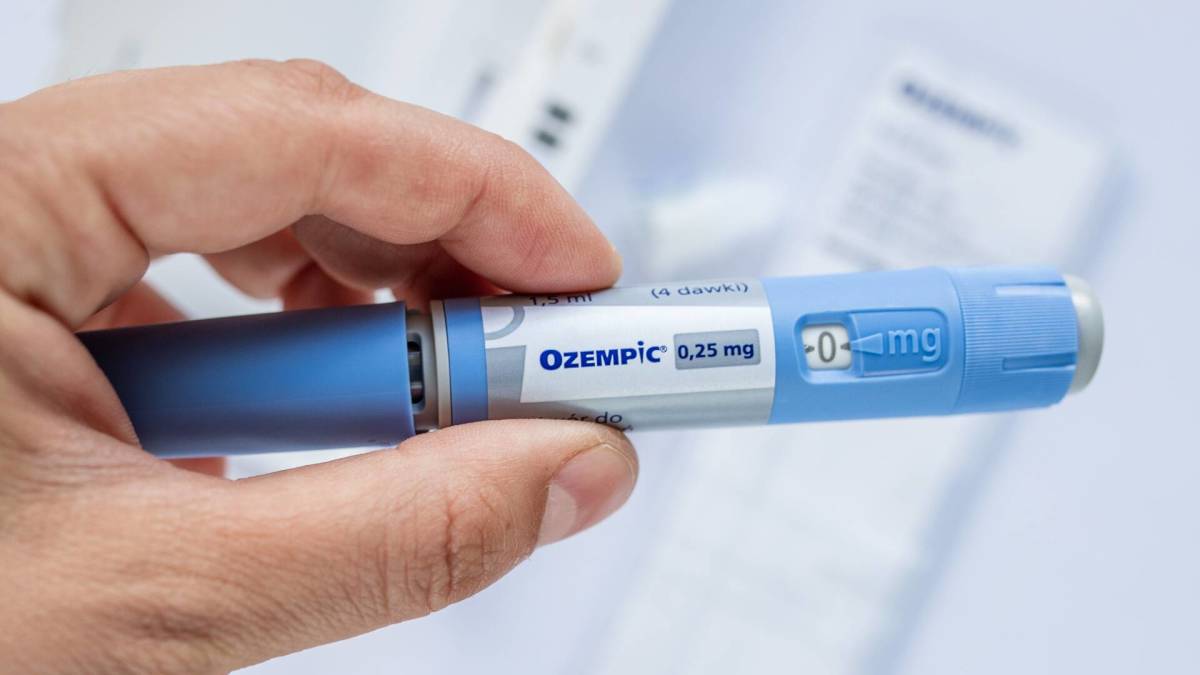
Medicines originally developed for type 2 diabetes patients have recently been given a lot of attention as word of mouth spreads about their weight-loss side effects.
The Food and Drug Administration (FDA), in fact, has approved versions of these remedies manufactured by drugmakers Novo Nordisk (NVO) and Eli Lilly (LLY) .
Related: Ozempic, weight-loss drugs rise and the fitness industry reacts
The medicines are called GLP-1 agonists and they work by helping to manage blood sugar levels.
Eli Lilly manufactures Mounjaro and Zepbound, while Novo Nordisk makes Ozempic and Wegovy. The FDA has approved Mounjaro and Ozempic for diabetes treatment, and Zepbound and Wegovy for weight loss.
Recently, TheStreet engaged in an email exchange with a software professional who had been searching for the right treatment for diabetes and finally found success using Ozempic.
Kim Wilton, a senior program manager in Redmond, Wash., explained how her health care journey led her to the GLP-1 solution.
"I went on Ozempic because I have type 2 diabetes and the first line of options (Metformin, Glipizide, and similar medications) were not working to keep my A1C under control," Wilton wrote. "My doctor recommended that I see an endocrinologist because my doctor is not an expert and the endocrinologist put me on Ozempic."
Wilton explained in detail some dramatic results she experienced after taking Ozempic. She also revealed one of her biggest fears.
Ozempic: A patient discusses her experience with the medication
After giving a brief background of how she arrived at the decision to try Ozempic as a treatment, Wilton provided a helpful list of the pros and cons she encountered using the medication.
Pros
- Weight loss
- Not fixated on food
- Eating way less
- Feel full after eating a smaller portion that I used to eat and can't eat past that feeling
- Eating only 1 treat (e.g., 1 cookie) is enough so I'm no longer eating the whole bag
- Sweet things taste way too sweet to the point of being inedible
- Not fixated on being a failure at losing weight/keeping my A1C down (equals better mental health)
- There might be others that I'm not thinking of....
Cons:
- Side effects are not great. Mine are not the worst.
- I have a constant nauseous feeling that makes it hard to figure out what to eat, especially if I can smell the food. Like, we have pho at work. I can hardly be near the place where they cook it, but I can eat it.
- Sometimes the nausea is manageable, other times, it's tough.
- Sometimes I have stomach cramps that go away after a few hours but they are painful enough that I've had to stop walking while it passed or lie down if at home.
- Because I'm not thinking about food, it's hard for me to figure out what to prepare for family dinner each night.
Wilton had written in a reply to a LinkedIn post regarding the availability of weight-loss drugs that her experience with Ozempic was "life-changing."
"Blood sugar: Under control. Weight loss: 50 lbs. and counting (YMMV). A1C: 5ish (normal). Mental health: So much better. Not constantly thinking about food: Priceless," Wilton wrote.
"However, I might be on it for life. I can't pay for it without insurance. My hope is that competition drives the price down so that if I had worse insurance, I could still pay for it."
"It's due to the health benefits that I've listed above that I knew for sure this is the drug I need," Wilton wrote in an email. "I have what I'd call a GLP-1 disorder. It's not really called that, though. When I watch 'normal' people eat, I see that they can stop when they're full, they know when they're full, they can eat 1 cookie."

Shutterstock
Wilton discusses Ozempic costs and her big concern for the future
The software professional explained that Ozempic is pricey medication and how she is able to afford it.
"It's around $1K for four 1 mg doses (you take 1 dose/week) at my pharmacy. I pay $0 and I thank the insurance gods every time I pick it up," Wilton wrote. "(My company's) high deductible insurance plan fully covers many medications for chronic conditions like Type 1 and Type 2 diabetes, thyroid issues, mental health meds, high blood pressure, high cholesterol, etc. I was surprised that Ozempic made the list, but am so glad that it did."
Wilton also made clear that she had worries about the affordability of Ozempic going forward.
"My concern about continuing to receive the medication is that if I leave this job, will I be able to afford it?" she wrote. "It's definitely worth some amount of money out of pocket to me, but if I had worse health insurance, my salary would need to make up for costs like this."
"So, (I'm) basically cured if I stay on it," she added. "The endocrinologist said that I'd be on it for life; my doctor says that I'll come off of it."
"For now, I'm trying to turn the Ozempic effect on my feelings towards food into habit. Time will tell if that's possible."
Related: Veteran fund manager picks favorite stocks for 2024
Contact Jeffrey Quiggle about your own personal stories with weight-loss drugs via email at jeffrey.quiggle@thearenagroup.net.
The author of this story owns shares of Novo Nordisk.







